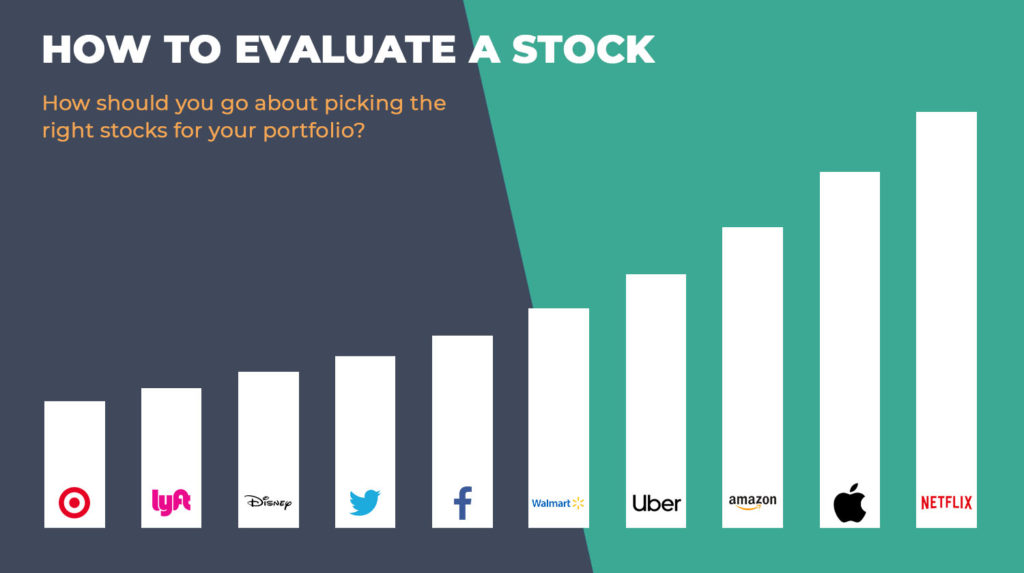Evaluating stock is a very personal issue for the investors. Not everyone needs to look at the last dividend that the company paid or how much the price of its stock rose or fell in the past. Just as there are varieties to where you can park your money, there are investors with different objectives. On the whole, the return you get on the stock is the driving force that will decide what to buy and what not to. Making an evaluation of the stocks therefore is very important, and that too when investors can go wrong.
Stock evaluation can be of two broad types – those that are based on long term perspectives and the others on speculation. Long term perspectives are mostly based on the company’s fundamental strength like promoters’ integrity, investment plans, product demands, cash reserves, on-going projects and human resources on command. Long term evaluation is best suited for those who are averse to risk taking. The usual time to buy is when there is a fresh issue for new capital rather than buying at an inflated price on the stock market.
Speculative evaluation on the other hand is about making a short term assessment for immediate profits, and remember that the chances of going wrong are too high. The usual parameters on which they are based are: Insider information on dividend, unexplained rise or fall of value, politically sensitive issues, impending new stock issues, bonus stock issues, change of leadership and sometimes a presumed lack of demand for the company’s products and services, and of course rumors. For speculative buyers anytime is right time to buy and sell. The spread between buy and sell is all that matters. Unless you have wads of cash to play with, speculating is not advisable.
Here are some tips that you can use to evaluate stocks:
a. One of the most commonly used measure for evaluating stock is the profit to earnings ratio better denoted as P/E. A high P/E stock is generally considered to be expensive but more stable. They make good investment if you plan to keep them for a long time.
b. Compare the dividends the company has been paying its stockholders during the last 5 years. If it has been uniform and of a rate that justifies the cost of the stock and better than the returns on term deposits in banks, then it should be considered favorably for buying.
c. Just as much as the dividend, the price appreciation of the stock is important too. If it has been increasing at a uniform rate without much fluctuation, then give the stock a good chit. This is good reason to buy a stock.
This is a guest post by Mark Bennett of onlinecomcast.com, a site that offers savings and current information on comcast cable.

